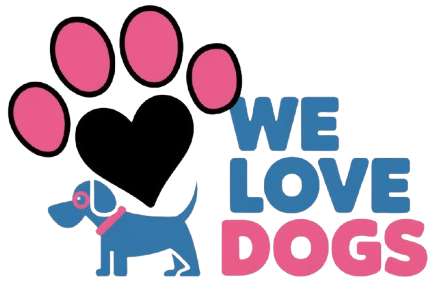Shutterstock
Ever discover how sure phrases gentle up your canine’s eyes whereas others barely get a response? For a lot of canine homeowners, phrases like “walk,” “treat,” or “dinner” immediately seize their canine’s consideration, sparking pleasure and generally a full-on tail-wagging frenzy. However what’s it about these particular phrases that set off such a response? Canines course of language otherwise from people, specializing in tone, context, and repetition to know what we’re saying. Past easy affiliation, canine join sure phrases to their routines, favourite actions, and rewards.
Phrases Are Linked to Rewards
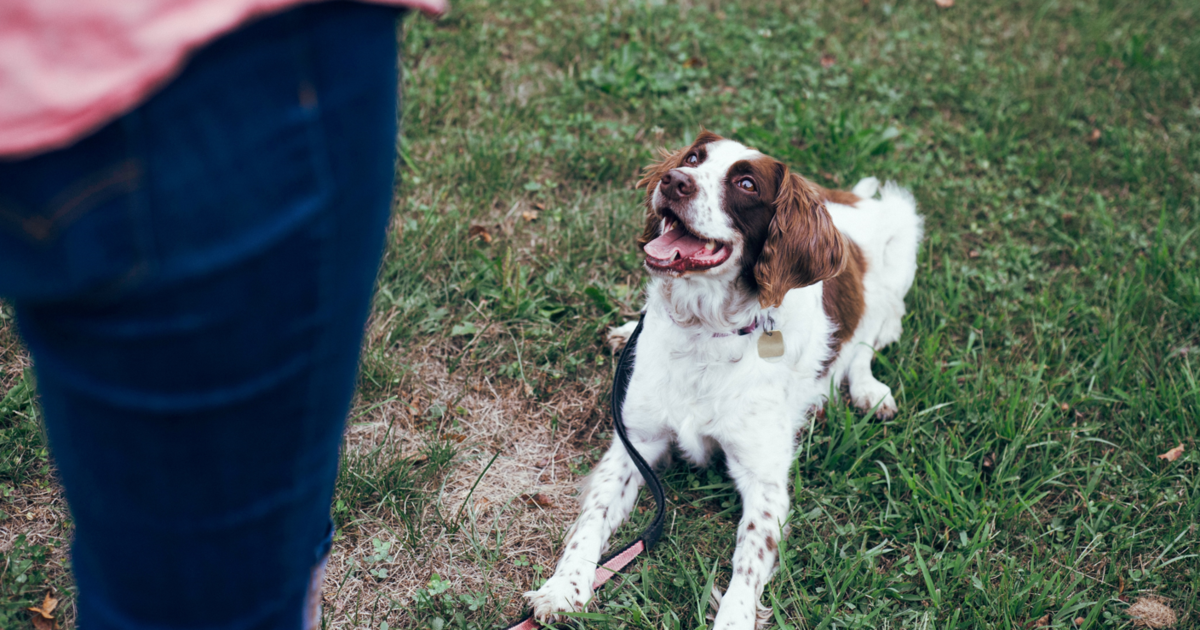 Shutterstock
Shutterstock
Probably the most apparent causes sure phrases excite canine is their affiliation with rewards. Phrases like “treat,” “dinner,” or “chew” are instantly linked to the pleasures of consuming, so canine rapidly be taught to reply with enthusiasm. Identical to people affiliate phrases with satisfying experiences, canine additionally type a connection between a particular sound and a reward. After they hear a well-recognized phrase, they anticipate one thing constructive to occur, akin to receiving a tasty deal with or their favourite chew toy. This reward-based pleasure is a major cause canine perk up at sure phrases and phrases, anticipating the enjoyment that’s about to come back.
Canines Reply to Tone and Enthusiasm
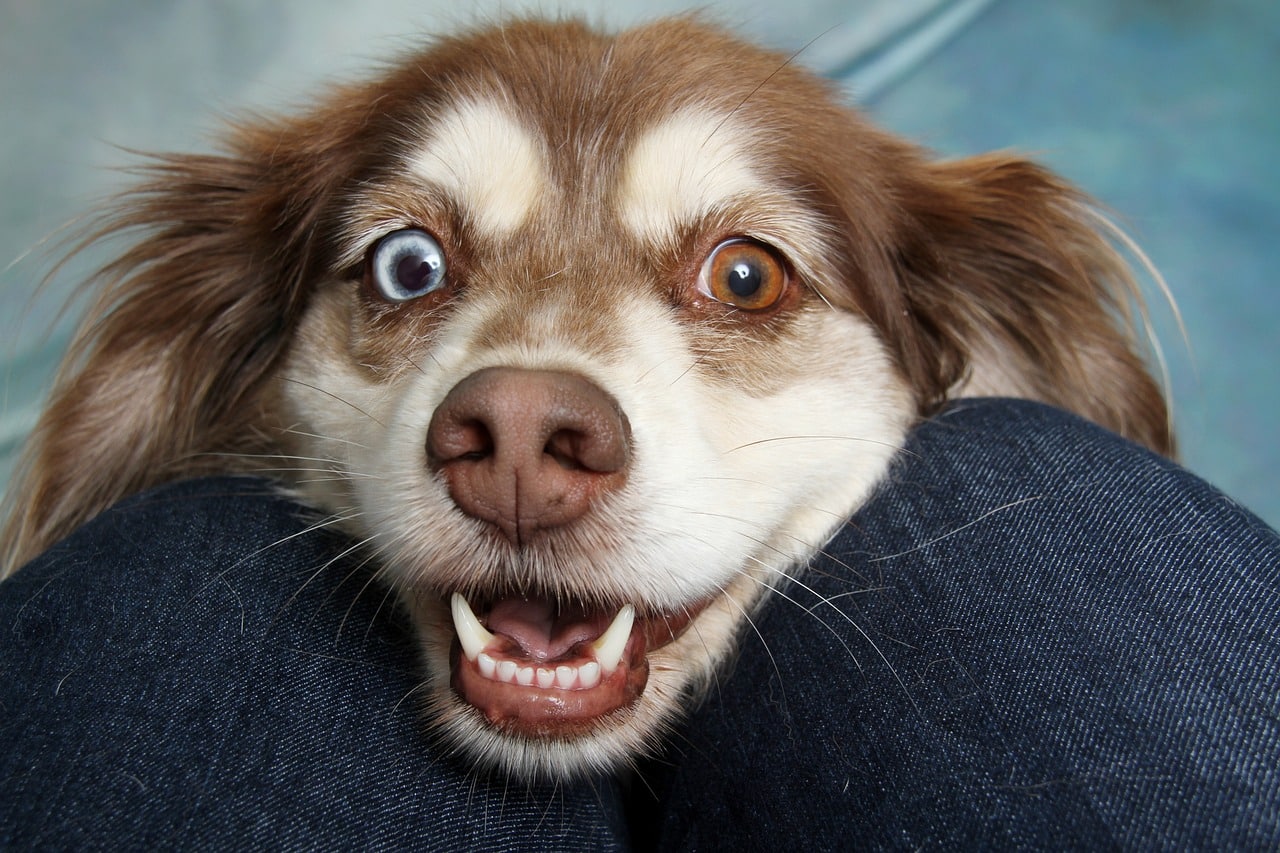 Shutterstock
Shutterstock
Canines are extremely delicate to the tone of our voices, generally extra so than to the precise phrases we use. In the event you say, “Do you want a treat?” with pleasure in your voice, your canine might get simply as excited as if you happen to had mentioned “treat” alone. The upbeat tone reinforces their pleasure as canine choose up on our emotional cues and mirror them. Canines may even detect refined adjustments in our pitch and intonation, in order that they know when one thing thrilling or constructive is coming. This sensitivity to tone makes phrases with constructive power, like “walk” or “play,” rather more thrilling.
Sure Phrases Sign Bodily Exercise
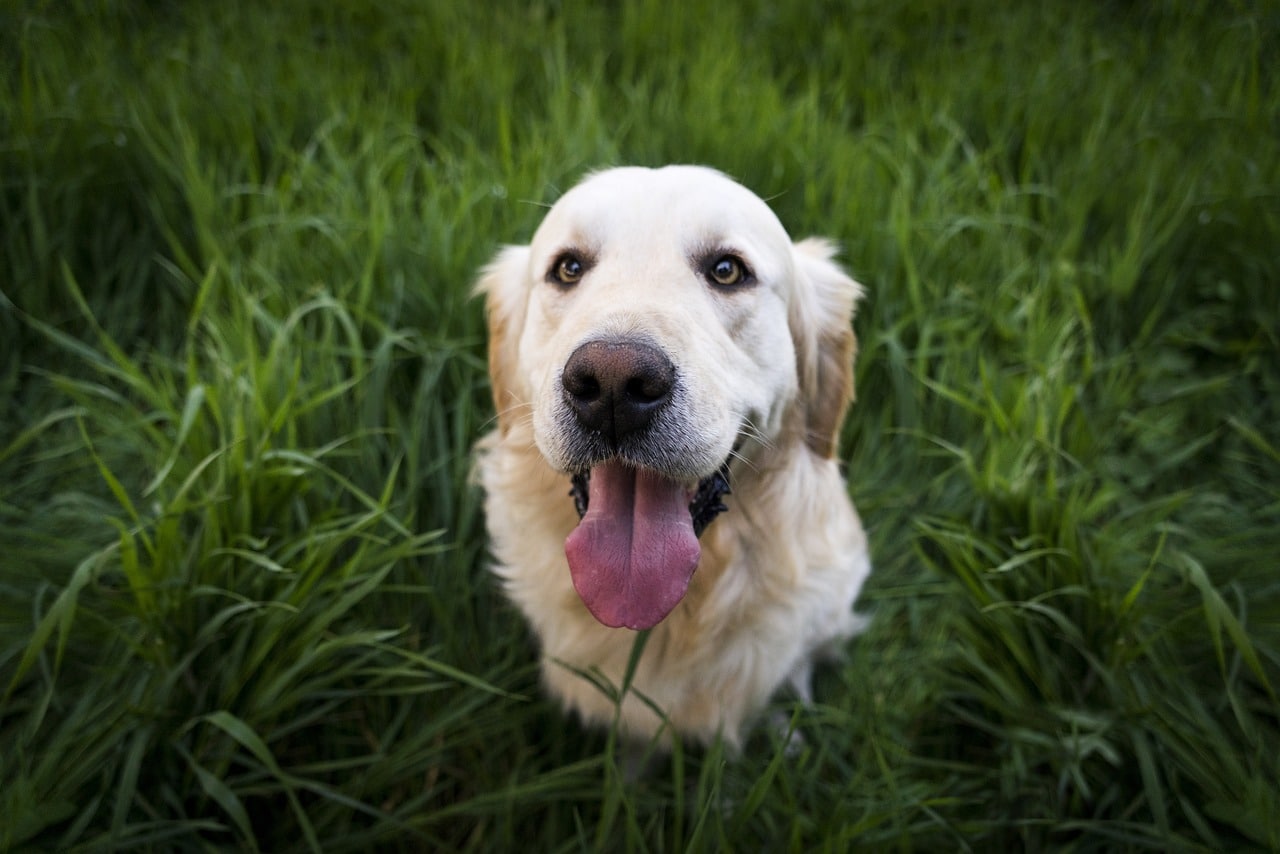 Shutterstock
Shutterstock
Canines love exercise, so phrases associated to play and train naturally spark pleasure. Phrases like “walk,” “run,” or “fetch” signify motion, journey, and sometimes the outside, which canine instinctively crave. Bodily actions like strolling or enjoying fetch stimulate their pure have to discover, train, and socialize, which is why phrases linked to those actions elicit such a powerful response. Canines don’t simply hear the phrase “walk”; they image all the expertise, from the leash to the recent air and all of the thrilling smells ready for them exterior.
Phrases Are Related to Routine and Construction
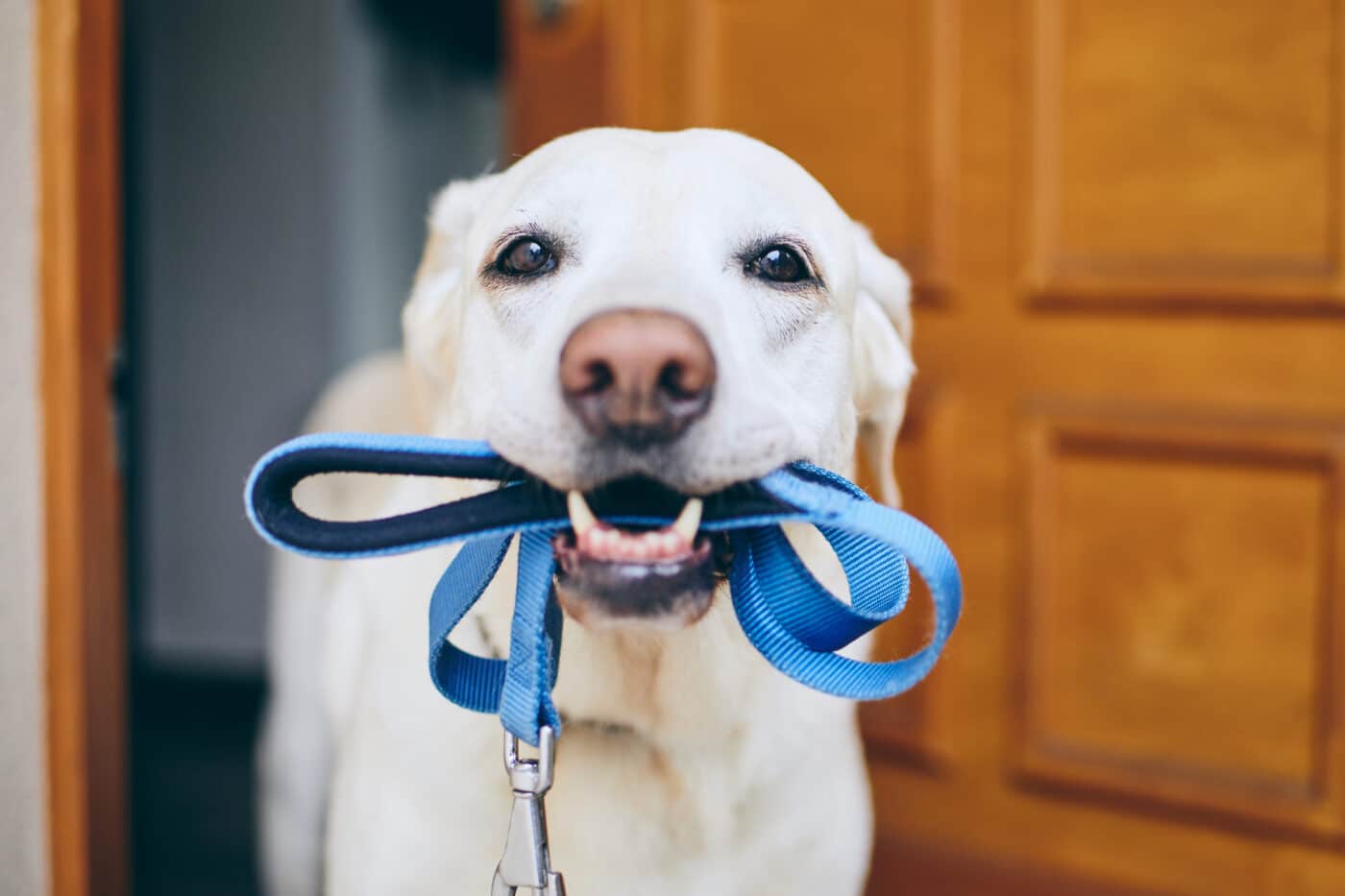 Shutterstock
Shutterstock
Canines are creatures of behavior and discover consolation in routine, in order that they reply nicely to phrases that sign acquainted components of their day. As an example, phrases like “bedtime,” “outside,” or “dinner” are a part of a structured routine, which gives them with a way of safety. Canines be taught the sequence of every day occasions and the phrases related to them, resulting in an anticipation of what’s coming subsequent. This connection between phrases and routine makes sure phrases stand out, as canine depend on these cues to know what they need to anticipate, bringing each pleasure and reassurance.
Repetition Reinforces Constructive Affiliation
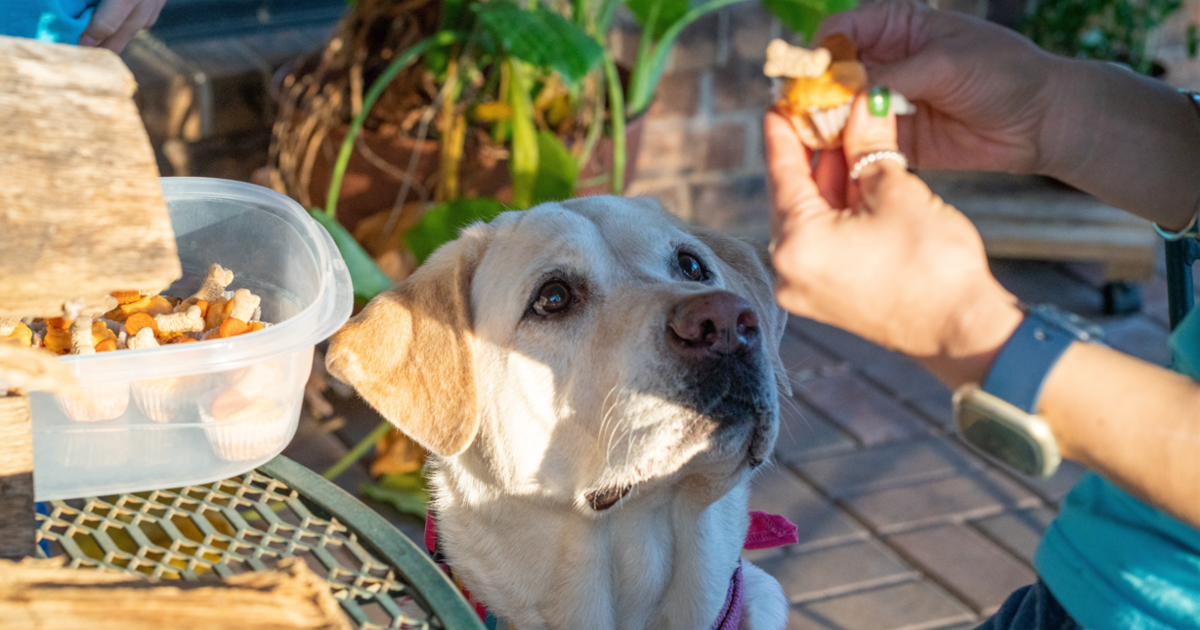 Shutterstock
Shutterstock
Repetition is likely one of the only methods canine be taught phrases, and frequent repetition strengthens their affiliation with these phrases. In the event you use “treat” each time you give your canine a snack, they rapidly be taught that the phrase means one thing scrumptious is coming. Over time, repeated phrases create sturdy associations, resulting in an computerized response every time they hear them. This constant reinforcement is why canine grow to be so excited after they hear sure phrases. The extra usually a phrase is utilized in a rewarding context, the extra deeply it turns into ingrained of their minds as a cue for one thing good.
Phrases Set off Psychological Stimulation and Drawback-Fixing
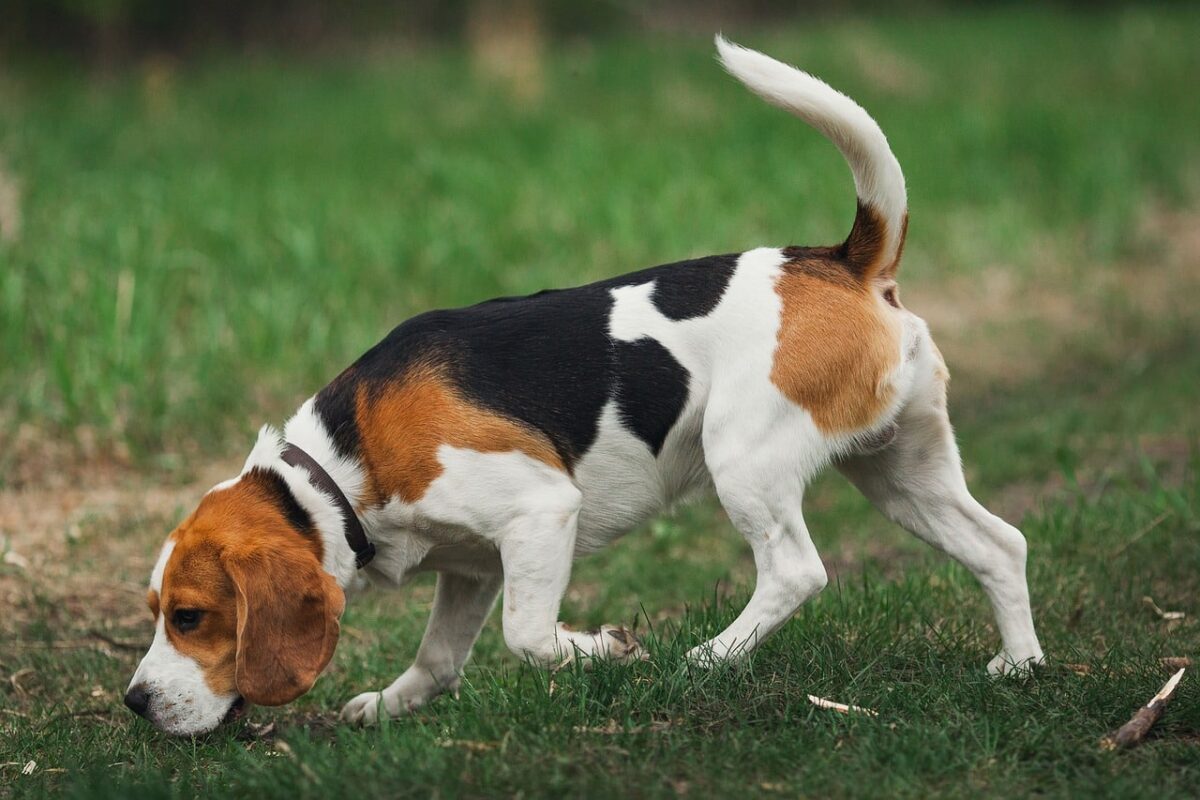 Shutterstock
Shutterstock
Sure phrases sign problem-solving or video games that interact a canine’s thoughts, making them significantly thrilling. Phrases like “find,” “search,” or “toy” immediate a canine to hunt out or find one thing, participating their pure curiosity and sense of scent. Psychological stimulation is significant for canine, because it retains them sharp and entertained, so phrases related to problem-solving actions are particularly thrilling. While you ask your canine to “find the toy,” they aren’t simply responding to the phrase—they’re making ready for a mentally stimulating process. This pleasure for psychological challenges explains why some phrases deliver out their playful, curious aspect.
Canines Perceive Context Round Sure Phrases
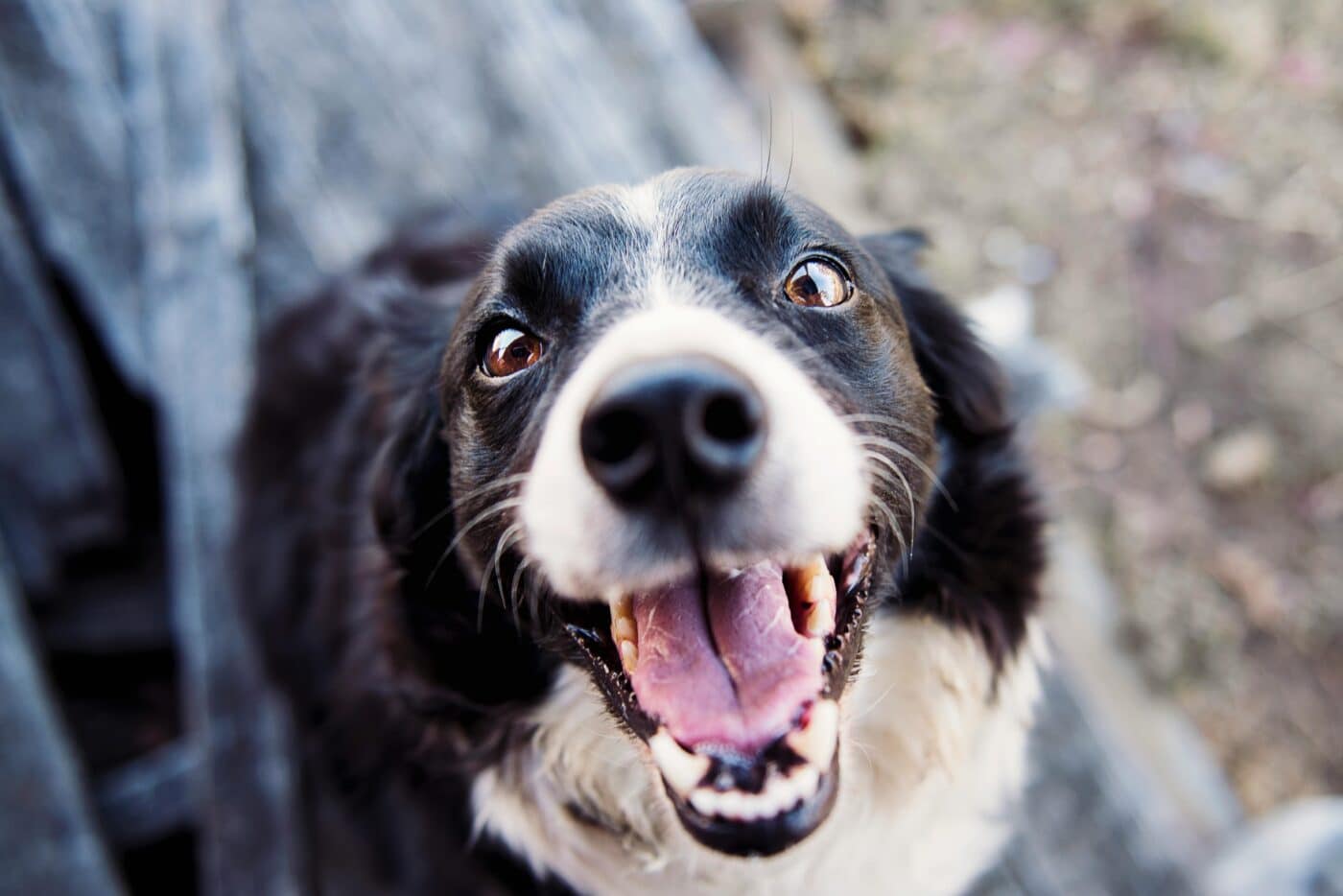 Shutterstock
Shutterstock
Canines are extremely observant and might perceive context along with particular person phrases. For instance, a canine might not solely reply to the phrase “car” but in addition acknowledge it as half of a bigger context, like going to the park or visiting the vet. If “car” is commonly adopted by journeys to the park, the phrase turns into a sign for a constructive expertise, making it extra thrilling. Nonetheless, if “car” is often related to vet visits, their response might range. This capability to interpret context permits canine to react to phrases based mostly on the state of affairs, including one other layer to their language comprehension.
The Tail-Finish of Understanding Canine Vocabulary
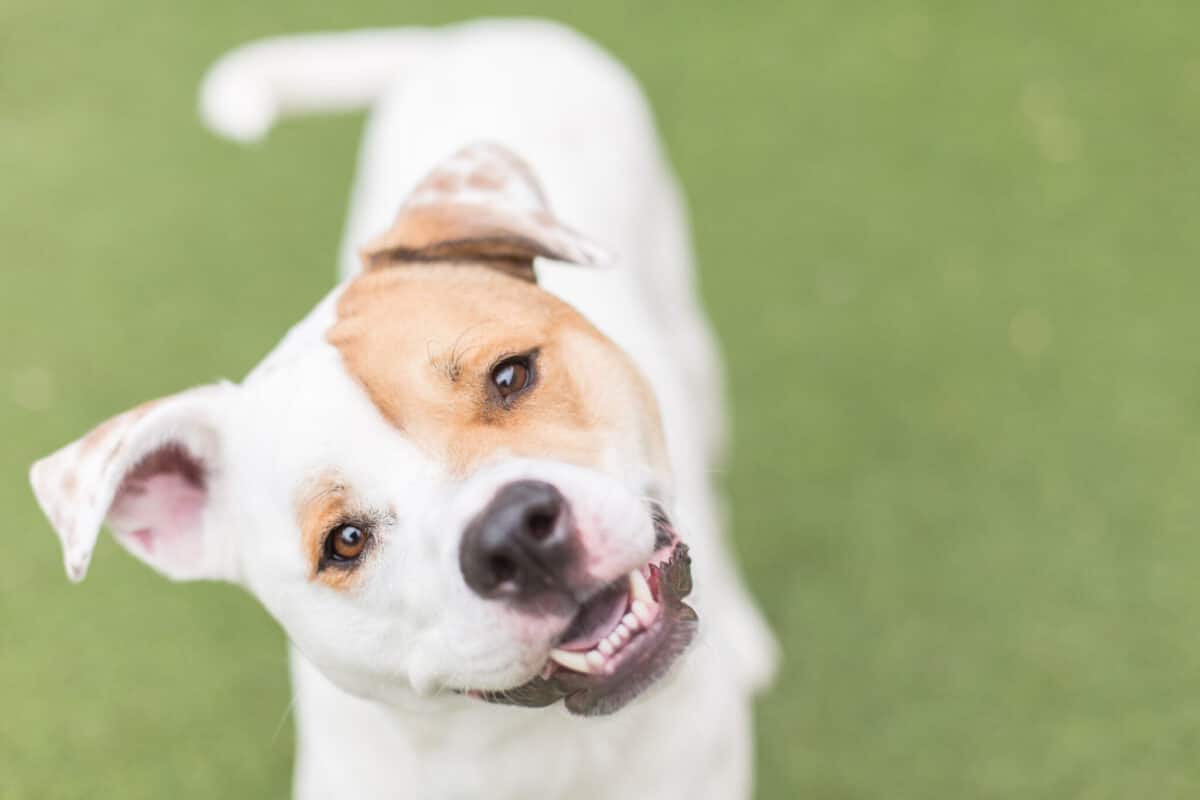 Shutterstock
Shutterstock
Canines reveal that phrases are greater than easy sounds; they’re gateways to thrilling adventures, comforting routines, and joyful rewards. Every time you say “walk” or “treat” and watch that tail begin to wag, keep in mind that your canine isn’t simply listening to a well-recognized sound—they’re feeling the anticipation of a shared expertise crammed with happiness and connection. These phrases carry which means, bringing pleasure to each you and your furry pal and strengthening the distinctive bond you share with each wag and smile.
